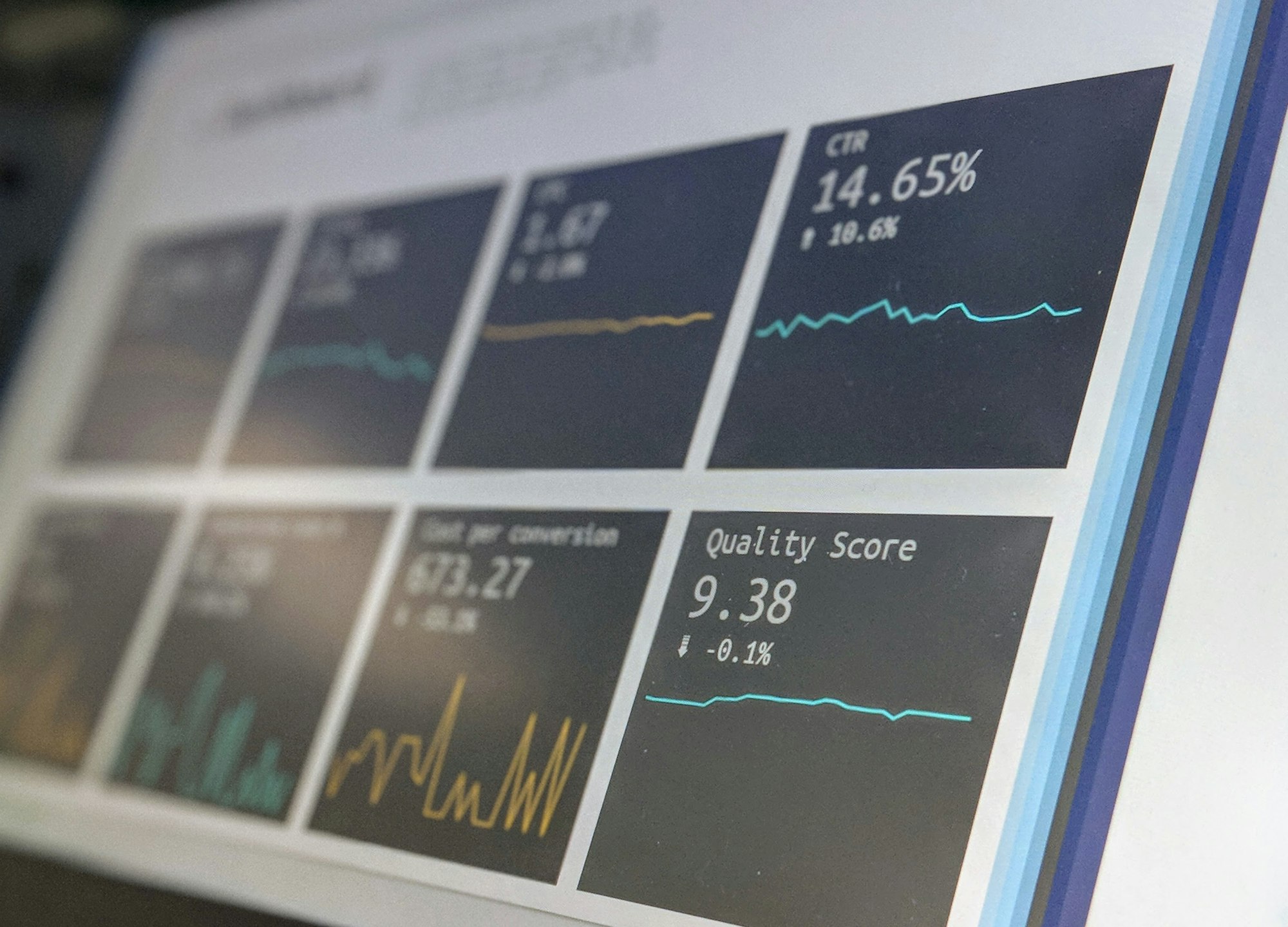Delta Airlines AI Pricing: Separating Fact from Fiction

The Bottom Line
The viral claim from More Perfect Union that Delta Airlines will "scrape personal data including emails to determine the highest price you will pay for tickets such as during a family funeral" is largely false and misleading. While Delta is indeed implementing AI-powered dynamic pricing, and "surveillance pricing" is a real phenomenon being investigated by regulators, the specific allegations about email scraping and targeting funeral-related travel are not supported by evidence and contradict both Delta's official statements and its technology partner's capabilities.
What's Actually Happening
Delta's Real AI Pricing Initiative
Delta Airlines has confirmed it is partnering with Israeli AI company Fetcherr to implement dynamic pricing algorithms. Here are the verified facts:
Current Status:
- About 3% of Delta's domestic tickets are currently priced using AI technology
- Delta plans to expand this to 20% of ticket prices by the end of 2025
- The long-term goal is to eliminate static pricing altogether
How the Technology Works:
- Fetcherr's technology "uses only public and market data. No personal info, no black box - just fair, explainable decisions"
- The system incorporates "internal data" like historical bookings and "external data" including "competitor prices, weather forecasts, local events, and economic indicators"
- The system takes into account factors like "major football games" or events that could affect demand
The More Perfect Union Video Claims
Source of the Viral Allegations
The claims appear to stem from a More Perfect Union video posted on July 21, 2025, that stated: "Delta Airlines just announced on their earnings call that they're going to start using some of these algorithms to price some of their tickets. And imagine a world in which you have a death in the family, you have to go home for a funeral. And they know that through scraping your email, that is, you know, announcing when the service is going to be. They know you're in a tight spot, and so you're going to be charged much more because of that."
The video included broader claims about "surveillance technology" and suggested that "There's so much data collected about individual people by data brokers, by this whole shadowy ecosystem that's just tracking you through your phone, through your browsing history."
Important Context: "Surveillance Pricing" is Real
While the specific Delta email claims are unsubstantiated, surveillance pricing itself is a legitimate concern:
FTC Investigation: The Federal Trade Commission's initial findings from its surveillance pricing market study revealed that details like a person's precise location or browser history can be frequently used to target individual consumers with different prices for the same goods and services.

Industry-Wide Issue: The FTC found that intermediaries have access to a wide swath of data types and data sources (including direct consumer data, inferred data, and first- or third-party sources) to power tools that can influence the price a consumer or audience sees.
State Legislation: State lawmakers have introduced over a dozen bills to regulate "surveillance," "personalized," or "dynamic" pricing, with lawmakers in New York, California, and other states moving forward with various approaches.
Debunking the Misleading Claims
Email Scraping: No Evidence Found
The viral claim about Delta scraping emails to identify urgent travel needs like funerals appears to stem from speculation in the More Perfect Union video, not factual reporting. Research found:
- No credible news sources have reported on actual email scraping capabilities by Delta
- Fetcherr's own documentation explicitly states it uses only public and market data, not personal information
- Delta has categorically denied using personal information for individualized pricing
- The More Perfect Union video used hypothetical language ("imagine a world") rather than documenting actual practices
Delta's Official Response
Delta has stated: "There is no fare product Delta has ever used, is testing or plans to use that targets customers with individualized offers based on personal information or otherwise"
A Delta spokesperson told Fortune the airline "has zero tolerance for discrimination. Our fares are publicly filed and based solely on trip-related factors like advance purchase and cabin class, and we maintain strict safeguards to ensure compliance with federal law"
Technical Reality vs. Fear-Based Claims
What the AI Actually Does:
- Analyzes market conditions, competitor pricing, and demand patterns
- Adjusts prices based on supply and demand dynamics
- Optimizes revenue through better forecasting
- Uses "ethical AI" that "doesn't use personal information to make pricing decisions" but instead "analyzes aggregate data and market signals"
What It Does NOT Do:
- Access personal emails or private communications
- Target individuals based on family emergencies
- Discriminate based on personal circumstances
- Use browsing history or personal data to set individual prices

The Real Concerns
While the email scraping claims are unfounded, there are legitimate concerns about AI-powered pricing:
Privacy and Fairness Issues
Congressional Scrutiny: Three Democratic senators sent a letter to Delta expressing concerns about "surveillance pricing" and its potential to charge prices "up to each individual consumer's personal 'pain point'"
Consumer Advocacy Concerns:
- Privacy advocates fear this will lead to price-gouging, with one consumer advocate comparing the tactic to "hacking our brains"
- Senator Ruben Gallego called Delta's practice "predatory pricing" and accused the airline of using AI to "find your pain point" and "squeeze you for every penny"
Legal and Regulatory Questions
Discrimination Concerns: While differential pricing is not illegal per se, federal laws prohibit charging different rates to people based on their sex or ethnicity, and the use of some identifiers like ZIP codes have been shown to have a disparate impact on protected classes
Transparency Issues: Without a public record of all fares, it would be difficult, if not impossible, to determine if Delta is charging vastly different fares to people based on their membership in a protected class
Industry Context
Dynamic Pricing is Not New
Delta emphasized that dynamic pricing has been used for more than three decades, in which pricing fluctuates based on a variety of factors like overall customer demand but not a specific consumer's personal information
Competitor Responses
American Airlines CEO Robert Isom stated that the carrier would not use AI for airfare pricing in a way that could erode consumer trust, distancing American from Delta amid backlash over its AI-driven dynamic pricing plans

What This Means for Travelers
Immediate Implications
For Delta Customers:
- Prices may become more dynamic and change more frequently
- Traditional price comparison strategies may become less effective
- Short-term, shoppers might benefit from using a VPN and clearing cookies when browsing for airfares
Market Trends:
- Other airlines are likely to follow Delta's lead in AI pricing
- The era of "fair" pricing may be ending, with prices determined by "what the algorithm thinks you'll accept, not a universal rate"
Long-term Concerns
Consumer Impact: Early research on personalized pricing isn't favorable for the consumer, with Consumer Watchdog finding that the best deals were offered to the wealthiest customers—with the worst deals given to the poorest people
Bereavement Travel Context
Delta's Actual Bereavement Policy
Contrary to claims about exploiting funeral travel, Delta actually offers:
- Special bereavement fares for passengers traveling due to death or imminent death of immediate family members
- Flexible terms with waived service fees, though fare differences may apply
- These fares must be booked through customer service, not online
This existing policy contradicts claims that Delta would exploit funeral-related travel.
Conclusion
The viral claims from the More Perfect Union video about Delta Airlines scraping emails to exploit people traveling to funerals represent a significant mischaracterization of the airline's actual AI pricing initiative. While the video correctly identifies that surveillance pricing is a broader industry concern worthy of attention, the specific allegations about Delta's email surveillance and targeting emergency travel are not supported by evidence.
Key Takeaways:
- Delta's AI pricing uses market data, not personal information from emails or other private sources
- The More Perfect Union video used hypothetical scenarios ("imagine a world") rather than documenting actual practices
- Surveillance pricing is a real concern across industries, as confirmed by FTC investigations
- Legitimate concerns exist about the broader implications of AI-powered personalized pricing
- Congressional oversight is already addressing potential consumer protection issues
- The technology is still in early stages (3% of flights) with plans to expand gradually
Consumers and policymakers should focus on the real issues around AI pricing transparency, fairness, and regulation rather than unsubstantiated claims about email scraping. The actual challenges posed by algorithmic pricing systems are significant enough without the need for sensationalized misinformation that conflates legitimate industry-wide concerns with unproven allegations against a specific company.
This analysis is based on reporting from Fortune, Newsweek, The Hill, CNBC, and statements from Delta Airlines and Fetcherr as of July 2025.








